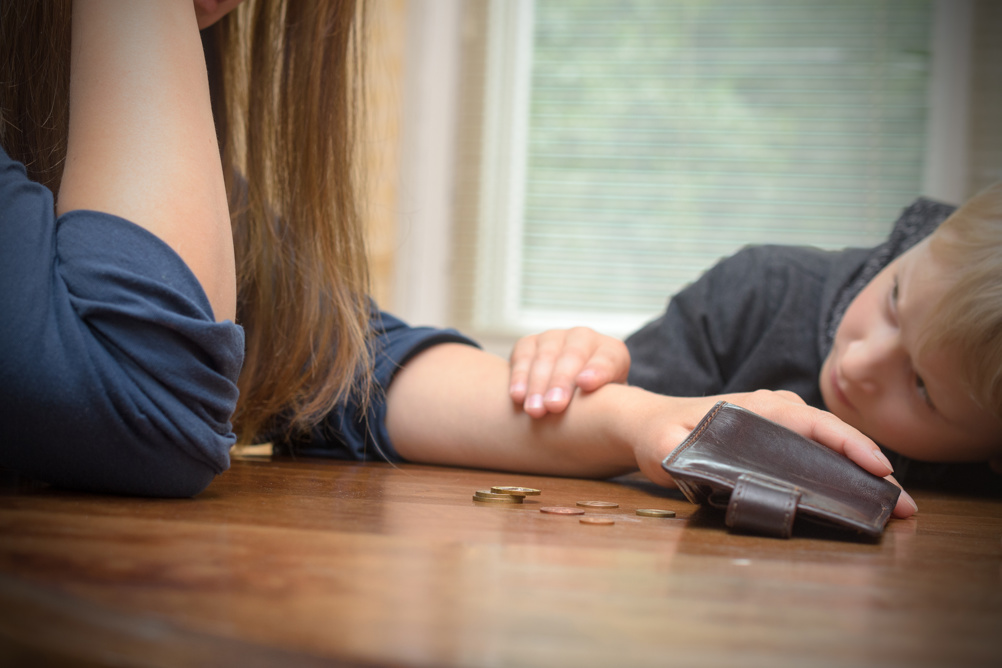
The Joseph Rowntree Foundation (JRF) sets out the scale and nature of hardship across the UK in its final report before the next general election.
It reveals that three in every ten children - 4.2million children - live in poverty, and the number of people in extreme poverty, or destitute, where they cannot afford to meet their most basic physical needs to stay warm, dry, clean and fed, is rising.
Around four million people experienced destitution in 2022, including around one million children, and these figures have more than doubled since 2017, the report says.
The deepening levels of hardship for millions of people across the country since the mid-1990s are described as ‘social failure at scale’.
Register now to continue reading
Thank you for visiting Nursery World and making use of our archive of more than 35,000 expert features, subject guides, case studies and policy updates. Why not register today and enjoy the following great benefits:
What's included
-
Free access to 4 subscriber-only articles per month
-
Unlimited access to news and opinion
-
Email newsletter providing activity ideas, best practice and breaking news
Already have an account? Sign in here
